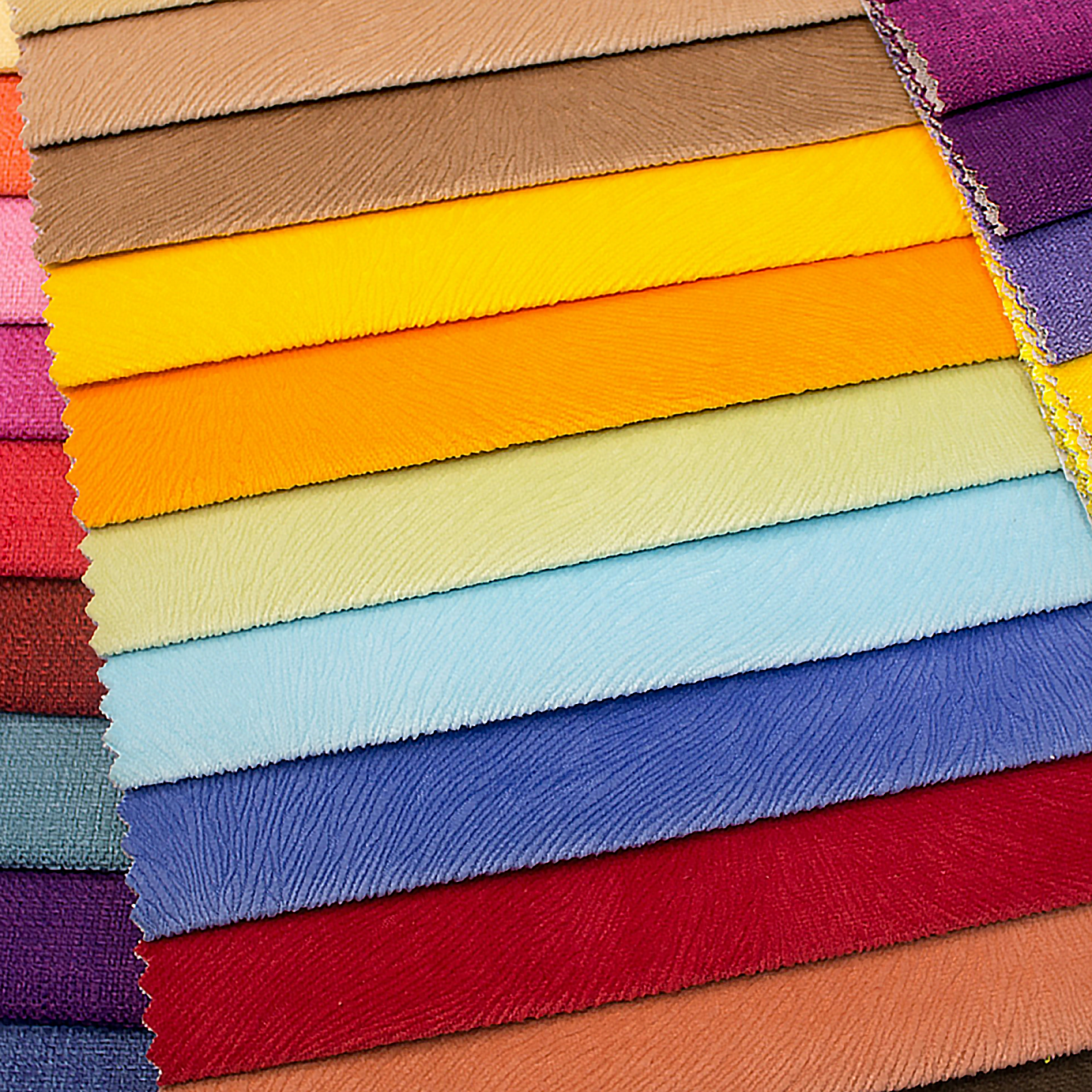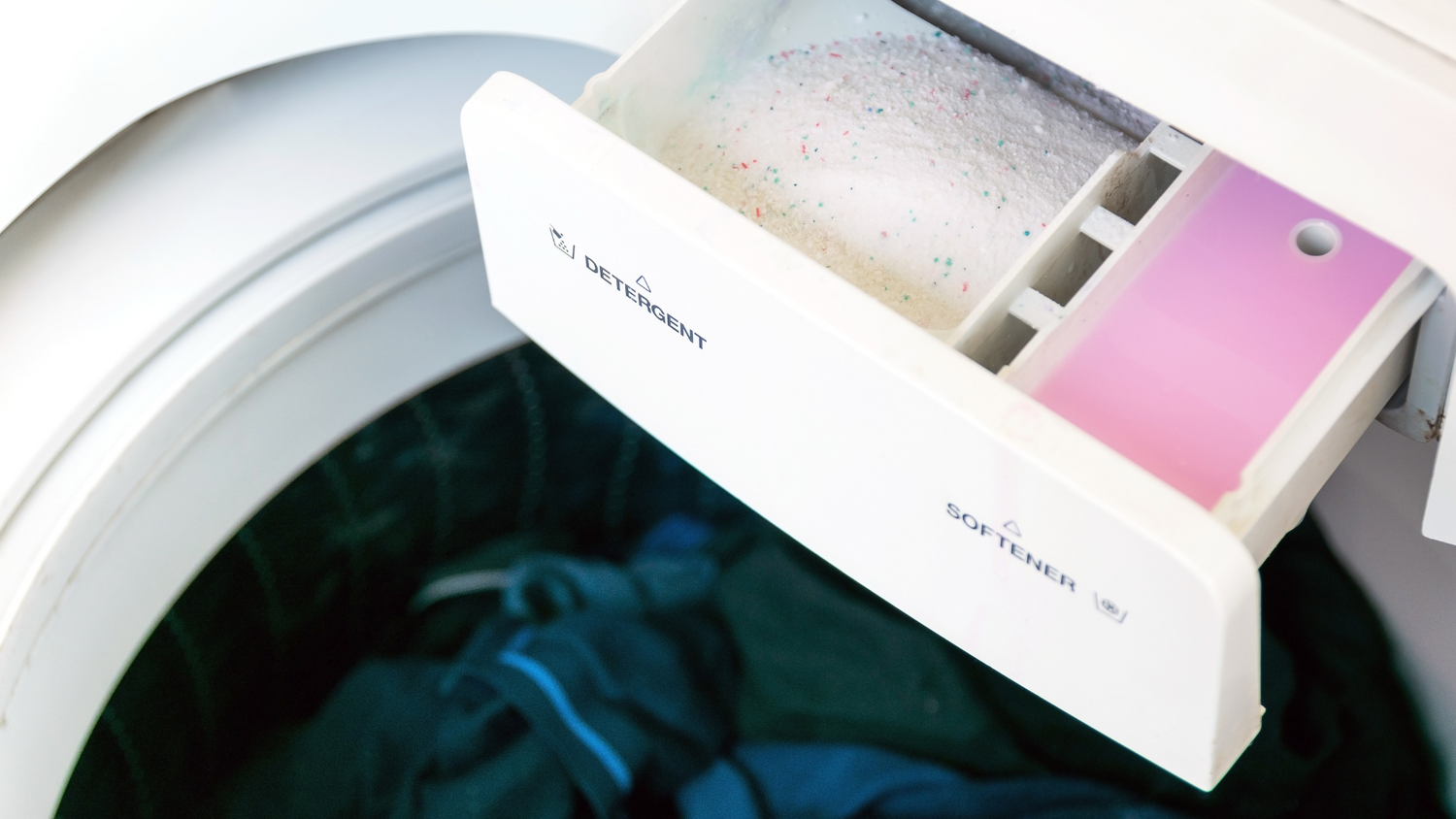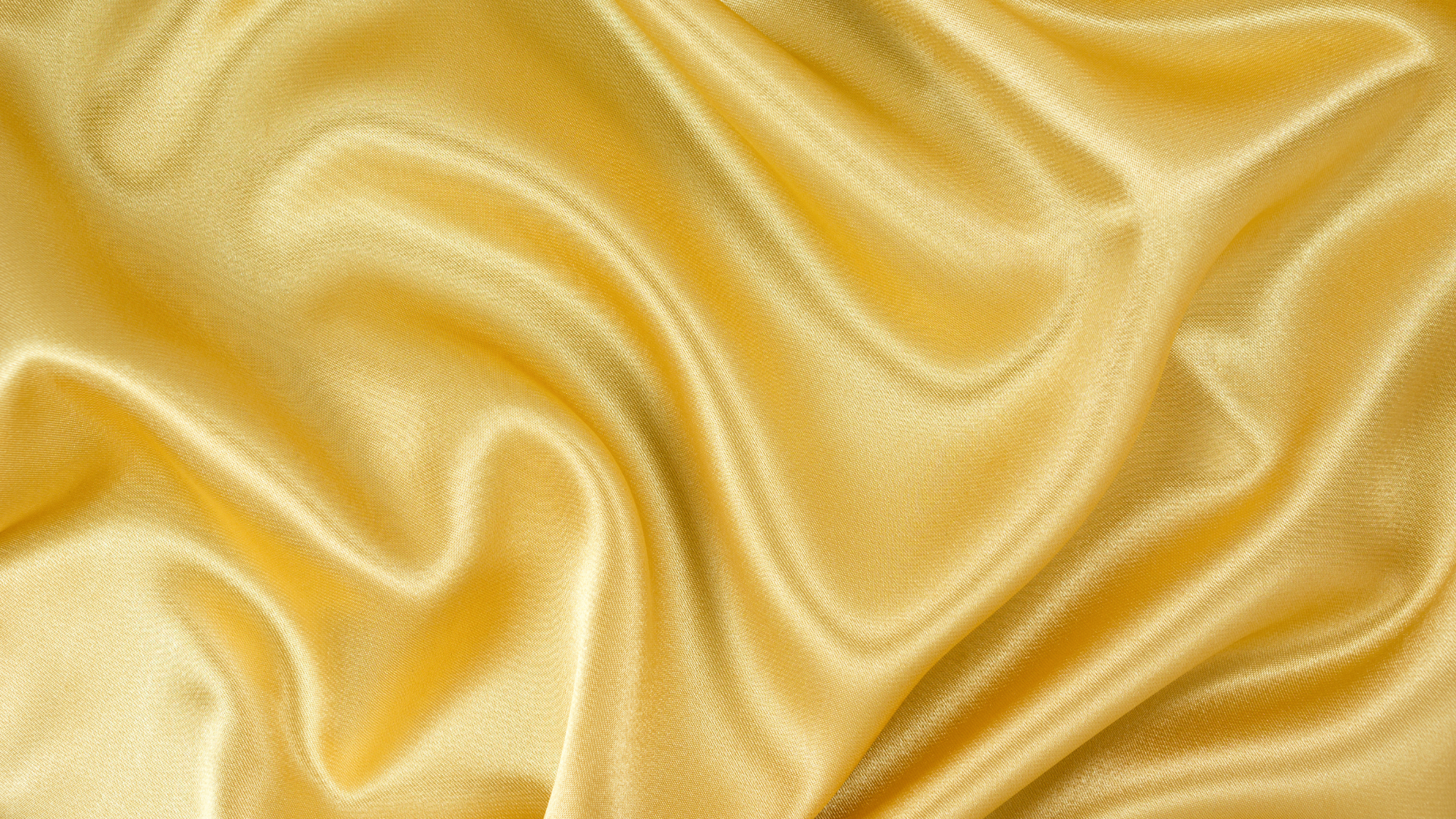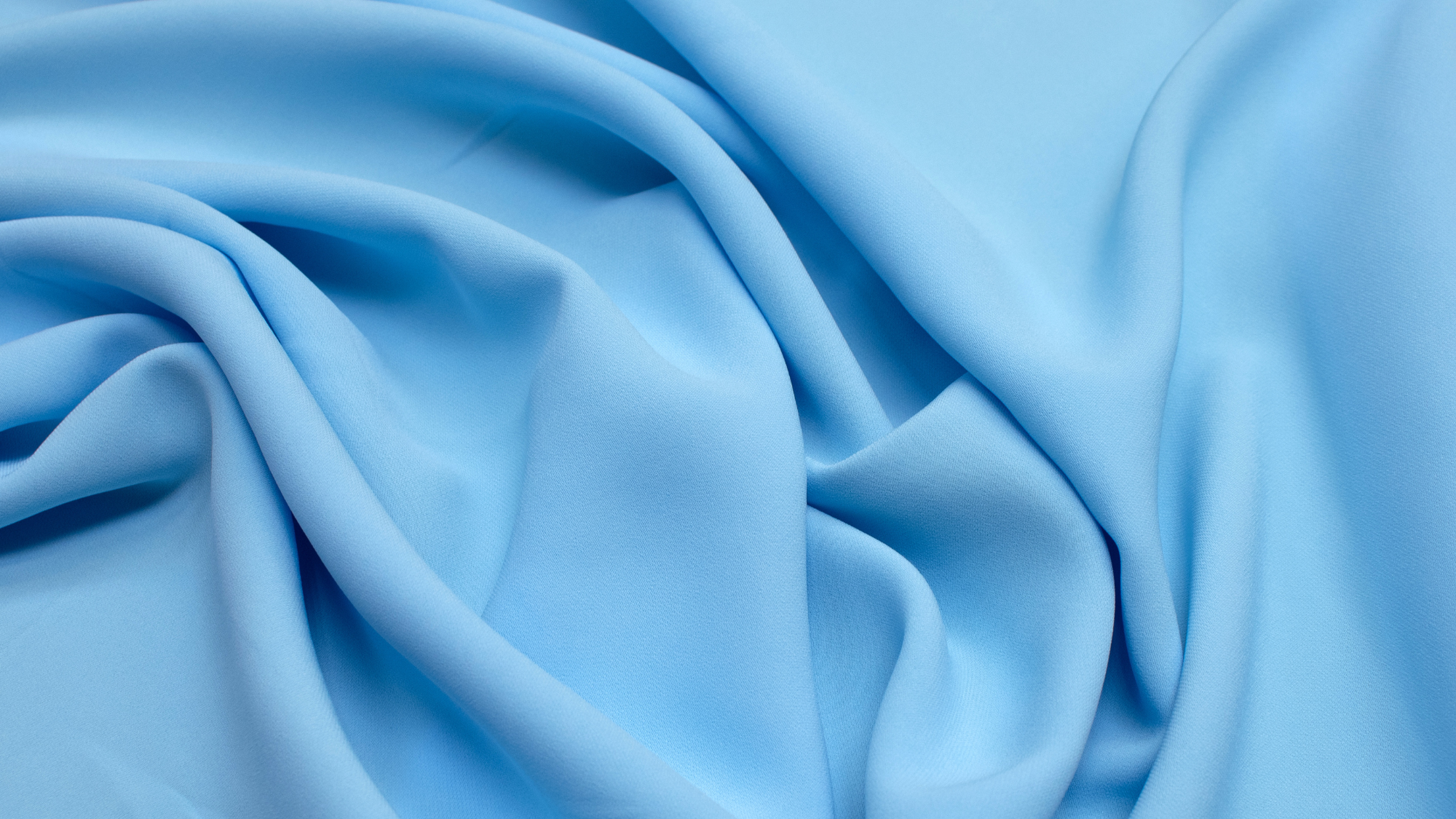If you’ve been wondering whether you should change up your laundry routine, you’re not alone. It seems like every day there’s a new viral post on social media about what products you should or should not use on your laundry. So, is fabric softener safe, or is it harming our clothes (and skin?) We weigh the pros and cons.
What is fabric softener?
Fabric softener is a laundry product used to make clothes, towels, and other fabrics feel softer and more comfortable against the skin. It is typically added to the washing machine during the rinse cycle or applied manually during the final rinse of the laundry process.
Fabric softeners come in liquid, dryer sheets, or dryer balls forms. Liquid fabric softeners are poured into a dispenser or directly into the washing machine, while dryer sheets are placed in the dryer with the laundry. Dryer balls are typically made of rubber or wool and are added to the dryer to help soften the fabric and reduce static cling.
Fabric softeners not only make clothes feel softer, but are said to help reduce wrinkles, prevent static cling, and make ironing easier. Additionally, many fabric softeners add a pleasant fragrance to the laundry, leaving a fresh scent on the clothes.
How does fabric softener work?
Fabric softeners work by coating the fibers of the fabric with a thin layer of chemicals that help to lubricate the fibers and reduce friction, resulting in a softer and smoother texture.
Is fabric softener bad for your clothes?
Here’s where it gets tricky. Fabric softeners can leave a residue on clothes over time, especially if used excessively. This residue may accumulate on the fabric fibers, reducing their absorbency and breathability. It can also affect the performance of certain fabrics, such as towels or sportswear, by reducing their ability to wick away moisture.
Some other issues caused by using fabric softener include:
- Reduced fabric absorbency: Fabric softeners create a coating on the fabric fibers, which can make them less absorbent. This can be an issue for items like towels, washcloths, or cloth diapers that rely on absorbency. If you need your clothes to be highly absorbent, it's best to avoid fabric softeners.
- Diminished flame resistance: Some fabric softeners contain chemicals that can reduce the flame resistance of certain fabrics, such as children's sleepwear or clothing made with synthetic materials. It's important to follow garment care labels and avoid using fabric softeners on flame-resistant clothing.
- Allergies and sensitivities: Certain individuals may be sensitive or allergic to the chemicals used in fabric softeners. They can cause skin irritations or respiratory reactions in some people. If you experience any adverse reactions, it's best to discontinue using fabric softeners.
Is fabric softener bad for your washing machine?
In addition to safety issues, fabric softener has also been known to cause mechanical issues like clogging your washing machine over time. If you have a front-loading washing machine with a detergent drawer, fabric softeners can contribute to clogging or buildup in the drawer. It's important to clean the detergent dispenser regularly to prevent any blockages.
To minimize any potential negative effects on your washing machine, consider the following tips:
- Follow manufacturer instructions: Always follow the recommended usage instructions provided by the manufacturer of your washing machine and fabric softener.
- Dilute liquid fabric softener: If you're using a liquid fabric softener, consider diluting it with water before adding it to the washing machine. This can help prevent excessive buildup.
- Clean the washing machine: Regularly clean your washing machine to remove any accumulated residue. Wipe down the drum, detergent dispenser, and other parts of the machine as needed.
- Use alternatives: If you're concerned about the impact of fabric softeners on your washing machine, you can opt for alternatives like dryer balls or natural fabric softeners. By following these guidelines and maintaining proper care of your washing machine, you can minimize any potential negative effects and keep your machine running smoothly.
I like using fabric softener - what clothes should I definitely not use it on?
Due to its chemical properties, fabric softeners can really damage certain materials. Avoid using it on microfiber and towels, as the buildup can reduce the absorbancy of these items.
Should should also avoid using fabric softener on items such as moisture wicking sportswear, flameproof children’s clothes or pajamas, or water-resistant items. Synthetic fabrics like polyester, elastane and nylon should also be left out.
Additionally, it’s is generally best to avoid using fabric softener on baby clothes. Many baby pajamas are made with flame-resistant materials, and fabric softener could reduce their effectiveness. The dyes, chemicals and fragrances in fabric softener could also irritate your baby’s sensitive skin.
What are some fabric softener alternatives?
Dryer balls: These are reusable balls made of rubber or wool that you can put in the dryer. They help soften clothes, reduce static cling, and improve drying efficiency without the use of chemicals.
Natural fabric softeners: Some people prefer using natural alternatives such as white vinegar or baking soda, which can help soften clothes and eliminate odors. These options are generally hypoallergenic and eco-friendly.
Proper laundering techniques: Using the correct amount of detergent, avoiding overloading the washing machine, and choosing the appropriate wash cycle can help maintain the softness and quality of your clothes without relying heavily on fabric softeners.
Ultimately, the decision to use fabric softeners or alternatives depends on personal preference, the type of fabric, and any specific sensitivities or concerns you may have. But with proper laundering, it’s a relief to know you can still get fresh-smelling fabrics without resorting to any harsh chemicals that could harm you, your children, or your clothes.




